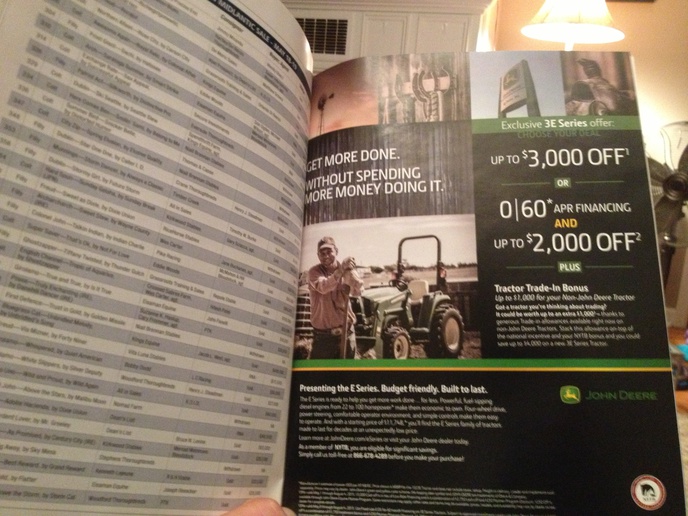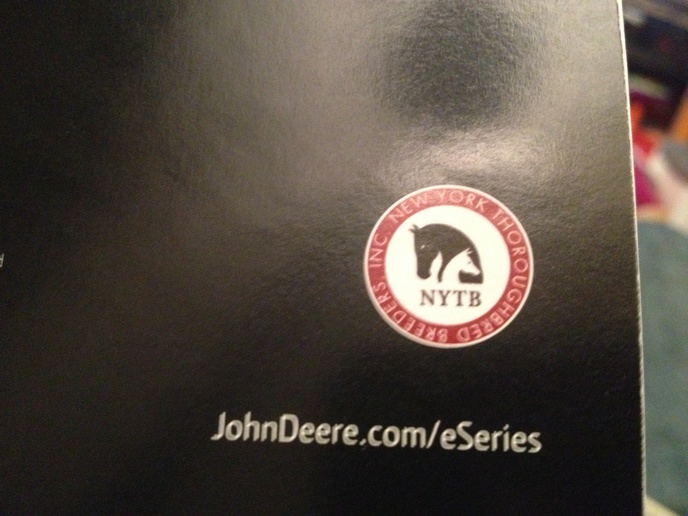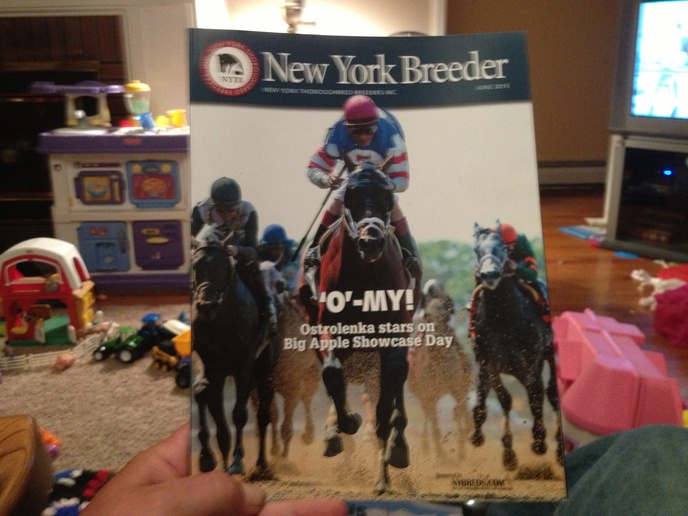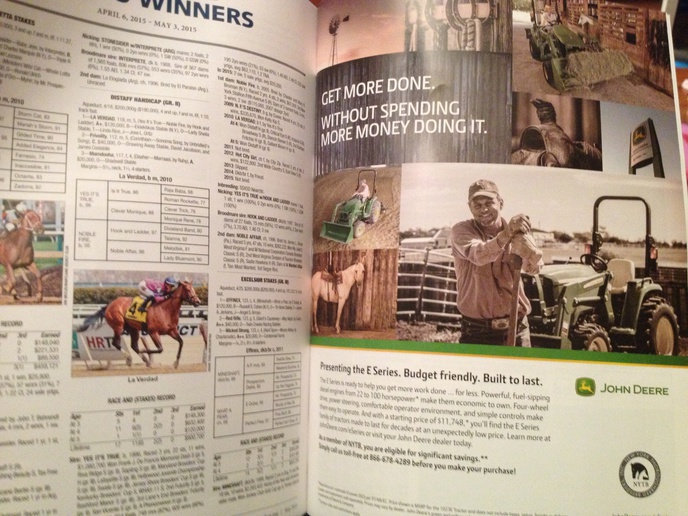It seems like with every other large industry that was one time massive in the 40's through the present, somewhere
along the way there was a bump in the road, bankruptcy, buyouts, mergers and all manner of strife that ultimately
took a company, once mighty, and reduced it to another owner or consolidation or worse! Sometimes their product
designs lingered and was continued (like MF tractors until recently) and other product designs were scuttled (like
A/C after the Deutz acquisition).
I suppose change is inevitable, but.....
How has John Deere managed to stay afloat, not file for bankruptcy, have it's assets plundered by a buyer, avoided a
hostile take-over and you can fill-in the blank for whatever reason a business falls prey failure?
GROSS OVERSIMPLIFICATION COMING: John Deere is just a tractor company, not some diverse conglomerate that makes
cars, trucks, computers - you name it in the name of diversification.
Maybe the answer is - they focused (and perhaps still do) on their core - tractors.
What are your thoughts on why John Deere is still standing?
along the way there was a bump in the road, bankruptcy, buyouts, mergers and all manner of strife that ultimately
took a company, once mighty, and reduced it to another owner or consolidation or worse! Sometimes their product
designs lingered and was continued (like MF tractors until recently) and other product designs were scuttled (like
A/C after the Deutz acquisition).
I suppose change is inevitable, but.....
How has John Deere managed to stay afloat, not file for bankruptcy, have it's assets plundered by a buyer, avoided a
hostile take-over and you can fill-in the blank for whatever reason a business falls prey failure?
GROSS OVERSIMPLIFICATION COMING: John Deere is just a tractor company, not some diverse conglomerate that makes
cars, trucks, computers - you name it in the name of diversification.
Maybe the answer is - they focused (and perhaps still do) on their core - tractors.
What are your thoughts on why John Deere is still standing?





